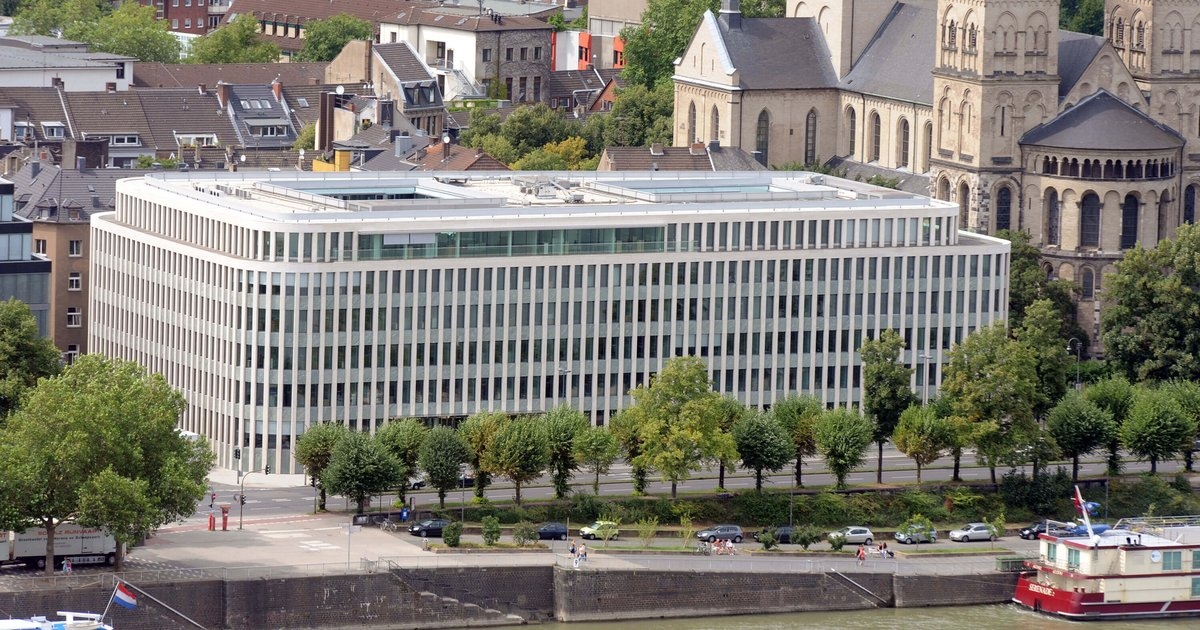Warren Buffett doesn't know what to do with his money

Berkshire Hathaway is sitting on record-high cash reserves. The legendary investor has been noticeably reluctant to invest for some time now.

Warren Buffett remains true to his strategy until his departure. The CEO of Berkshire Hathaway sold billions of dollars' worth of shares again in the third quarter. This brings the conglomerate's cash reserves to a new record high of $381.6 billion. The Omaha-based company announced this on Saturday.
NZZ.ch requires JavaScript for essential functions. Your browser or ad blocker is currently preventing this.
Please adjust the settings.
Berkshire Hathaway increased its operating profit by 34 percent to $13.5 billion in the reporting period. The sprawling conglomerate includes insurance companies, an energy division, and a railroad operator. Buffett benefited in the third quarter, among other things, from the fact that the insurance companies had to pay out relatively few claims.
Even more than Berkshire Hathaway's operating results, market participants are interested in Warren Buffett's own investment strategy. Many hoped that the 95-year-old star investor would use some of his enormous cash reserves for share buybacks or company acquisitions in the third quarter.
But they were disappointed. For three years now, the veteran investor Buffett hasn't made any major acquisitions. On the contrary: Berkshire Hathaway is significantly reducing its stock holdings and holding cash. Last year, Buffett sold a considerable portion of his Apple stake, as well as some of his Bank of America shares. He completely divested his stake in the Chinese electric car manufacturer BYD.
The "buffet bonus" is dwindlingThis year, Buffett invested $1.6 billion in the health insurer UnitedHealth. In October, he also acquired Oxy-Chem, the chemicals division of oil producer Occidental Petroleum, for $9.7 billion.
Such relatively small investments hardly change Berkshire Hathaway's record-high cash reserves. If Warren Buffett, as announced, hands over the reins of Berkshire Hathaway to Greg Abel at the turn of the year, he will be leaving his successor with a multi-billion-dollar problem.
To successfully lead Berkshire Hathaway, Greg Abel must find new investment opportunities. Here he faces a seemingly insurmountable task. Warren Buffett owes his legendary reputation as an investor not least to his "value" approach, which he has pursued with discipline for decades: He has invested in undervalued companies that are cheaper than their intrinsic value – given the currently high valuations on the stock markets, such opportunities are becoming increasingly rare.
Investors are doubting whether 63-year-old Abel, who long headed Berkshire Hathaway's energy business, is the right man for the job. The "Buffett bonus" that Berkshire shares have long enjoyed is dwindling. Since Warren Buffett announced his retirement in May, the company's stock has lost around 12 percent of its value.
No catalyst for the stocks in sightBuffett, however, remains adamant about using share buybacks to prop up the stock price. Berkshire Hathaway did not repurchase any of its own shares in the third quarter, marking the fifth consecutive quarter without such buybacks. This signals Buffett's belief that his own shares are currently overvalued.
Berkshire Hathaway only buys back its own shares when their price falls below the intrinsic value of the stock. This value is "conservatively set" by Warren Buffett, the chairman and CEO of Berkshire Hathaway, as the company stated in a press release.
Analysts reacted with disappointment because Buffett neither bought back shares nor increased his investments during the ongoing stock market rally. As a result, some investors were already looking for other options, as the investment advisor Gardner, Russo & Quinn reports.
Berkshire Hathaway's behavior sends a clear signal to investors: "If they don't buy their shares, why should others?" write the consultants at CFRA Research.
nzz.ch




